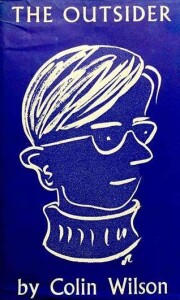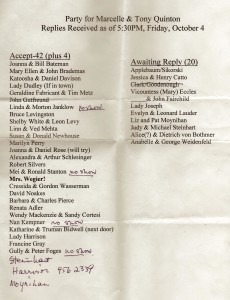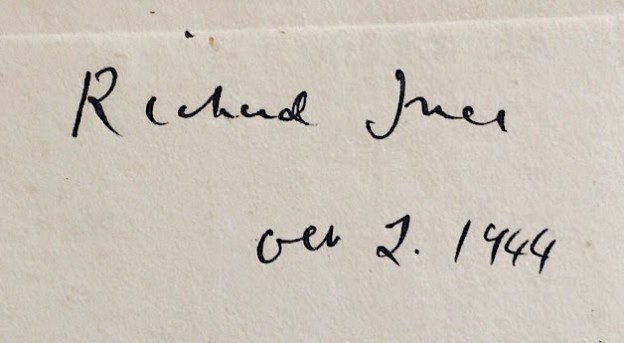
The Complete Self-Educator (nd. but c1939), a copy of which we found in the archives at Jot HQ the other day, was one of those doorstep self-help books that Odhams brought out in the late thirties. We have already discussed various aspects of a companion volume in previous Jots. The Complete Self-Educator, however, is a different kind of multi-author book altogether and a much more challenging one. It sought to give the average intelligent reader a grounding in the principles of a number of important academic disciplines, including biology, medicine, physics, chemistry, economics, psychology, philosophy and logic.
Some of the writers were prominent experts in their field—people like Professor Erich Roll( psychology) and Max Black ( philosophy). Others, like Stephen Swingler, who later become a Labour minister, were relative newcomers who had published work in areas not altogether related to the subjects on which they were invited to write. One of these tyros was John Langdon- Davies, who had published books on Spain and women in society, but whose topic for the Complete Self- Educator was ‘The English Common People’.
Among the rather conventional fellow contributors Langdon-Davies stood out as a bit of a maverick. Born in Zululand, when it was part of South Africa, he came to England as a young boy and went on to attend Tonbridge School, which he hated. He was not, it must be said, officer cadet material. When he was called up in 1917 he declared himself a Conscientious Objector and as such served a short prison sentence. Declared unfit for military service, he lost two of the three scholarships for St John’s College Cambridge that he had gained at school. At Cambridge he tried to live off the remaining scholarship, but was obliged to abandon his studies. As a result, he switched his attention to the fields of archaeology and anthropology and ended up with diplomas in these disciplines. While an undergraduate Langdon-Davies did, however, manage to publish a volume of poems, The Dream Splendid, which received some favourable reviews.
After the War Langdon-Davies embraced leftish politics, promoting the cause of women with his book A Short History of Women and embracing the anarchist cause in the Spanish Civil War with Behind the Spanish Barricades. His opposition to Nazism, fascism and ‘scientific racism’ can be gleaned from the opening paragraph of ‘The Story of the Common People’.
‘…English history is what it is because geography and geology made England what it is. We can go further than this, and say that geography and geology have made the Englishman himself what he is…’
Continue reading

 Found among papers at Jot HQ ( heaven knows where it came from ) is this printed list of the good and great ( some not so good) who were invited by a friend or friends to attend a party for the philosopher (Lord)
Found among papers at Jot HQ ( heaven knows where it came from ) is this printed list of the good and great ( some not so good) who were invited by a friend or friends to attend a party for the philosopher (Lord) 


